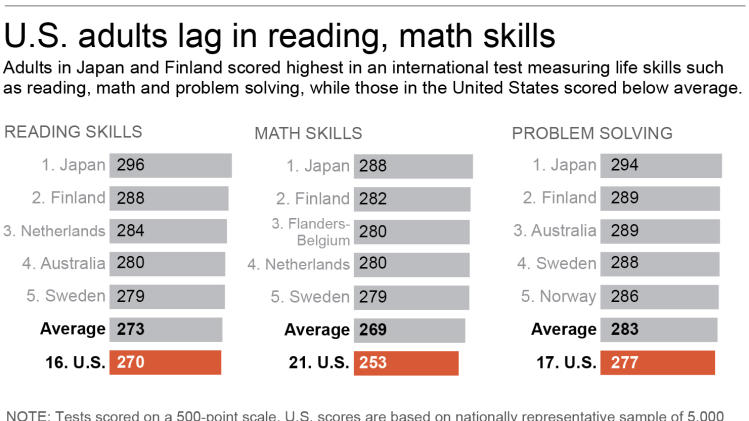Link: http://www.huffingtonpost.com/2013/11/21/school-improvement-grants_n_4318236.html?utm_hp_ref=education&ir=Education
By: Joy Resmovits, The Huffington Post
The federal government has invested around 4.6 million dollars to improve the low scoring schools in the country. There are four options for schools, closing them, becoming a charter school, shifting the curriculum, or replacing staff. The goal is to raise scores for students and to prepare them for college and a career. Some are scoring higher than before; becoming more proficient in math and reading. The problem is, a third of the schools that are receiving these grants are actually scoring lower than before. Duncan, the U.S. Secretary of Education, still has faith, saying that we need to help these schools (the bottom five percent in the nation) in any way we can, and that change is incremental. Duncan believes these grants will work, we just need to give it time. Duncan says the key for a good school is a good principal who knows how to form this great curriculum and teachers that want to carry out this plan.

